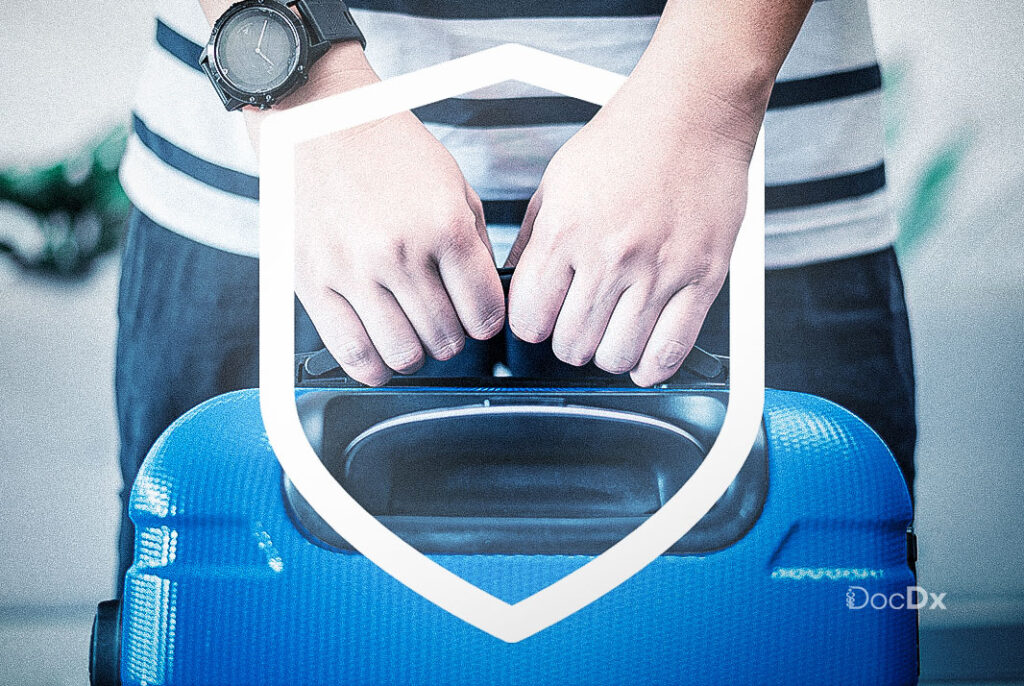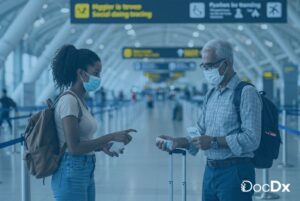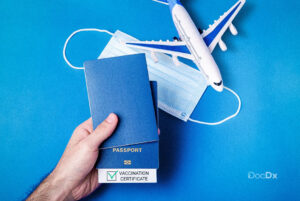Preparing for a trip can be exciting, but planning for safe travel is just as important as choosing your destination and packing your bags. Safety involves more than just being cautious—it requires proper planning, from staying informed about your destination to visiting a reliable travel vaccination clinic to ensure you’re protected. In this guide, we’ll cover essential steps to help you prepare for a safe and enjoyable journey.
Know Your Destination
Every destination has its unique customs, health risks, and travel guidelines. Researching local conditions and safety recommendations in advance will make it easier to adapt and reduce surprises upon arrival. Check recent travel advisories and be aware of any areas to avoid.
Check Health and Safety Guidelines
Depending on your destination, there may be specific health and safety requirements or precautions to follow. For example, some countries require proof of vaccinations for entry. In these cases, make sure to have your vaccination records accessible.
Visit a Travel Vaccination Clinic
One of the most crucial steps in travel preparation is making sure you’re protected from potential health risks in your destination country. A visit to a travel vaccination clinic can provide the necessary immunizations to protect against local diseases, such as typhoid, hepatitis, or yellow fever.
- Plan Your Visit Early: Some vaccines require multiple doses over a period of time to be fully effective, so it’s best to start planning your vaccinations at least four to six weeks before your trip.
- Stay Informed: Each destination has its own set of recommended or required vaccines, and professionals at a trusted clinic can help tailor your vaccination needs accordingly.
Travel Insurance Matters
Accidents, illnesses, and other unexpected events can happen anywhere, so travel insurance is essential. Not only can it provide coverage for medical expenses, but it can also reimburse you for cancellations, delays, or lost belongings. Check if your policy includes medical evacuation coverage, especially if you’re traveling to a remote area where healthcare facilities are limited.
Make Copies of Important Documents
Keeping digital and physical copies of critical documents, such as your passport, travel insurance, and itinerary, can be a lifesaver if any are lost or stolen. Consider storing digital copies in a secure cloud service, so you can access them from anywhere if needed.
Prepare a Health Kit
Traveling with a health kit can help you manage minor medical issues on the go. Here’s what to include:
- Basic First Aid Supplies: Band-aids, antiseptic wipes, and gauze.
- Medications: Any prescription meds you need, plus over-the-counter remedies for common issues like colds, allergies, or digestive upset.
- Vaccination Records: If certain vaccines are required for entry, carry proof from your travel vaccination clinic.
Stay Alert During Your Trip
Once you’re at your destination, staying vigilant is key to remaining safe:
- Be Aware of Local Customs and Laws: Knowing the basic laws and customs can prevent misunderstandings or legal trouble.
- Secure Your Belongings: Use a money belt for valuables, and lock your luggage when possible.
- Stay Updated on Local News: Local developments can affect travel plans or safety, so stay informed about any news that may impact your area.
Safety Tips for Staying Connected
Maintaining communication with family or friends while traveling is essential, especially in case of an emergency. Set up roaming on your phone, or purchase a local SIM card. Apps like WhatsApp and Google Maps can help you stay in touch and navigate safely.
Conclusion
Preparing for a safe trip involves thoughtful planning, from learning about your destination to visiting a travel vaccination clinic for essential immunizations. By following these steps, you can focus on the excitement of exploring new places with peace of mind. Safe travels!



